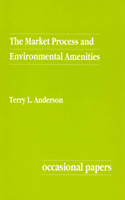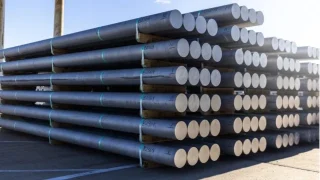
Most observers believe that free markets self-evidently harm the environment, and that the only available remedy is government regulation to ensure a ‘balance’ between economic growth and environmental protection.
Terry Anderson, a pioneer of the ‘new resource economics’, challenges this conventional wisdom by arguing that not only may regulation fail to solve ‘market failure’ but that markets can be made to work better by institutional reform. He shows that clearer and more extensive property rights and lower costs of specifying, measuring and enforcing contractual terms can extend the benefits of free markets into areas normally dominated by political decisions. He cites numerous fascinating examples of individuals and groups finding private solutions to environmental problems. ‘By focusing our attention on the nature of contracts and transaction costs, we will be able to develop a better understanding of the relationships between the market process and environmental amenities’.











